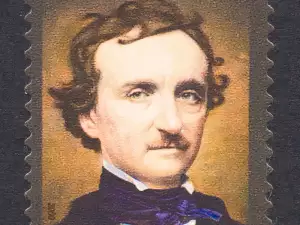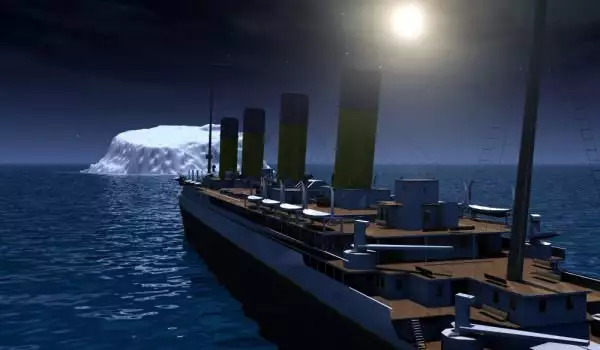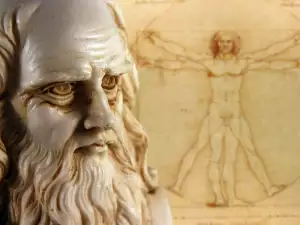Some writers are known not only for their enormous literary talent but also for the stunning accuracy with which they predicted future events, without they themselves realizing that what was written in their books would become reality.
At the time in which they were living, their works of literature were classified as fantasy and no one would have suspected that they would be reading about some of the greatest human tragedies in the future.
One such tragedy is the sinking of the Titanic in 1912, where thousands of people died in the icy waters of the Atlantic Ocean in the middle of April.
What's amazing here is that in 1898, the author Morgan Robertson came out with the novella The Wreck of the Titan, which describes the sinking of the ship named the Titan, which was thought to be unthinkable.
In Robertson's book, the Titan sinks after it collides with an iceberg, which is exactly what would happen to the Titanic, 14 years after this prediction.

An even more bizarre prediction was by author Jules Vern in his book From the Earth to the Moon, released in 1865. In it, the French novelist tells the story of 3 brave souls that go on a trip to the Moon.
The men launch from Florida toward Earth's satellite and eventually return to land in the Pacific Ocean. A century later, humanity bears witness to this story, which was thought of as fantasy in the past.
3 astronauts embark on the Apollo 8 mission from Florida toward the Moon, with even the dimensions of the craft being accurately described by the writer. The group also landed in the Pacific Ocean.
Jules Vern is known for his prophecies. He has made 108 future predictions about the world, of which 98 have come true.

In Journey to the Center of the Earth, the French science fiction writer told of a group that discovered life and people, like those on the surface, in the Earth's core.
Because of the author's remarkable accuracy, this is one of his most widely discussed predictions.
In 1838, Edgar Allen Poe published The Narrative of Arthur Gordon Pym of Nantucket, writing of the shipwreck of a small ship in which the entire crew died except for one.
This would actually happen in 1884 with the Mignonette, and the name of the survivor corresponded with the name of the literary character - Richard Parker.












